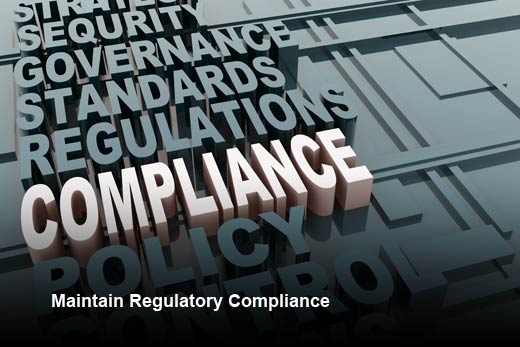Social media would have us believe that CIOs and CMOs are aggressively butting heads. However, according to a recent study from Deloitte, the growing overlap of CIO and CMO priorities has led to more constructive collaboration between the two roles than one would think. This is particularly true in the field of e-commerce, where sales are driven entirely through clicks.
It is often believed that the differing intradepartmental goals of marketing and IT bring the two groups at odds with one another, but the overlooked uniting factor between the two departments, the customer experience, is becoming more prevalent.
It’s important to remember that e-commerce business always comes down to sales, and if the online shopping cart doesn’t work, and customers are clicking away to other sites because of slow load times, everybody loses. It’s on IT to prevent these issues from occurring, but it is also on the marketing team to help create an environment in which IT can actively prevent these issues. IT is unable to do so in an online environment that is over-saturated with tags and trackers that marketing installed to draw customers to specific pages on the site.
Scott Meyer, CEO of Ghostery, has identified six key issues that CIOs and CMOs are collaborating on to preserve positive online customer experiences and protect their businesses.
Building a Positive Online Experience
Click through for six key issues that CIOs and CMOs are collaborating on to preserve positive online customer experiences and protect their businesses.
Prevent Page Latency
Third-party technologies can slow down page load times, drastically reducing customer experience. The slower your pages, the more likely that your customers will leave your site, or worse yet, abandon their shopping carts. With shared KPIs around online transactions, the CIO and CMO can fight this problem together.
Mitigate Data Leakage
Third parties can also collect your valuable customer data and potentially sell it to your competitors. Both CIOs and CMOs need to understand which third parties have left them vulnerable to this issue in order to effectively combat.
Provide Visibility into Tags
Monitoring third-party tags for performance and identifying piggyback tags that have entered the site through other vendors is a key strategy for CIOs and CMOs looking to lock down their sites.
Avoid Cybersecurity Flaws
Third-party security risks are, in fact, your own risks when these parties are operating on your site, and collecting your customer data. It’s important for CMOs and CIOs to have a data governance framework in place, so there are controls around how data is being used, shared, and secured in the event of a breach.
Protect Brand Perception
No one enjoys being barraged by ads. When sites are very ad-heavy, it drags down the customer experience, damaging the online reputation of your brand. CMOs and CIOs need to come to agreement on what their users’ thresholds are.
Maintain Regulatory Compliance
Without your knowledge, the practices of third-party technologies may put you out of compliance with global privacy laws. It’s important for CIOs and CMOs to collaborate on a plan to ensure their third-party vendors are fully compliant with privacy regulations to protect their customers, and keep them coming back.









